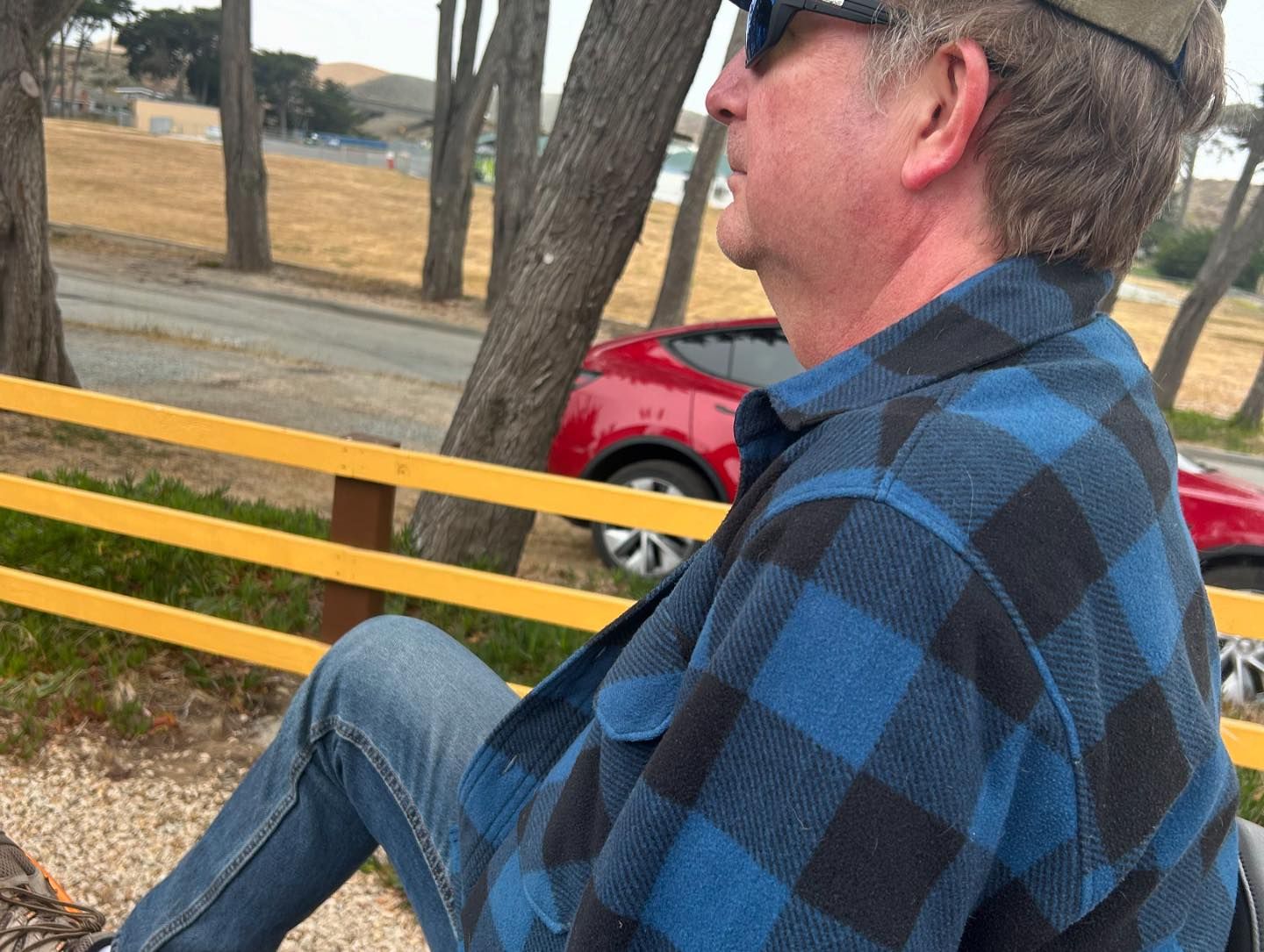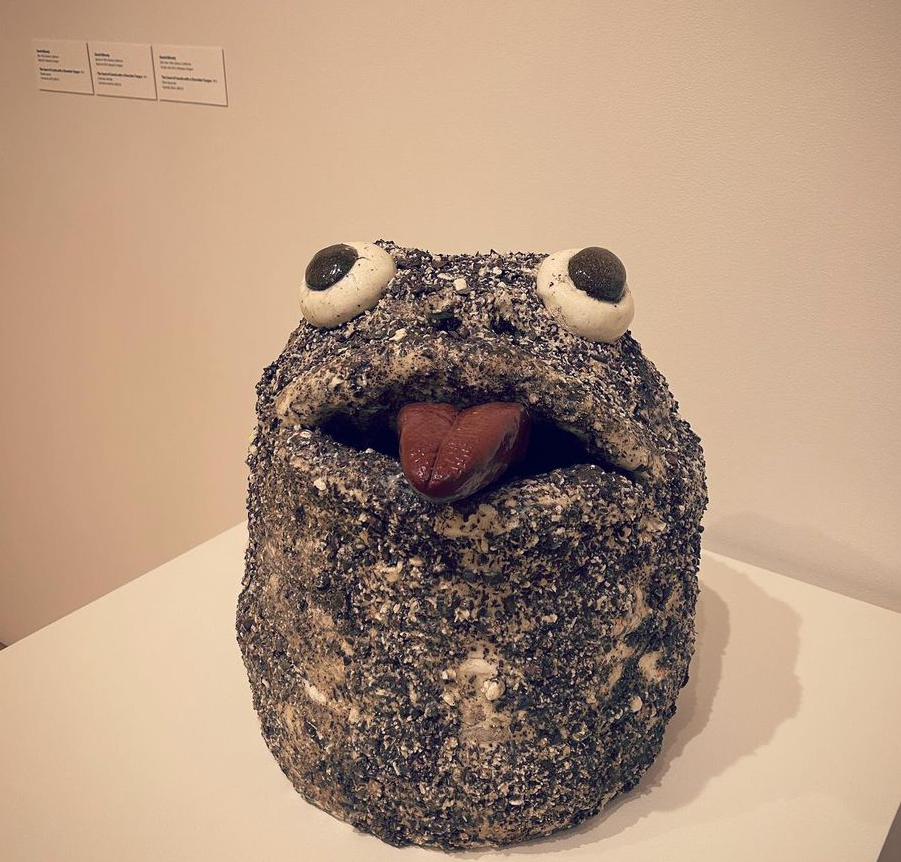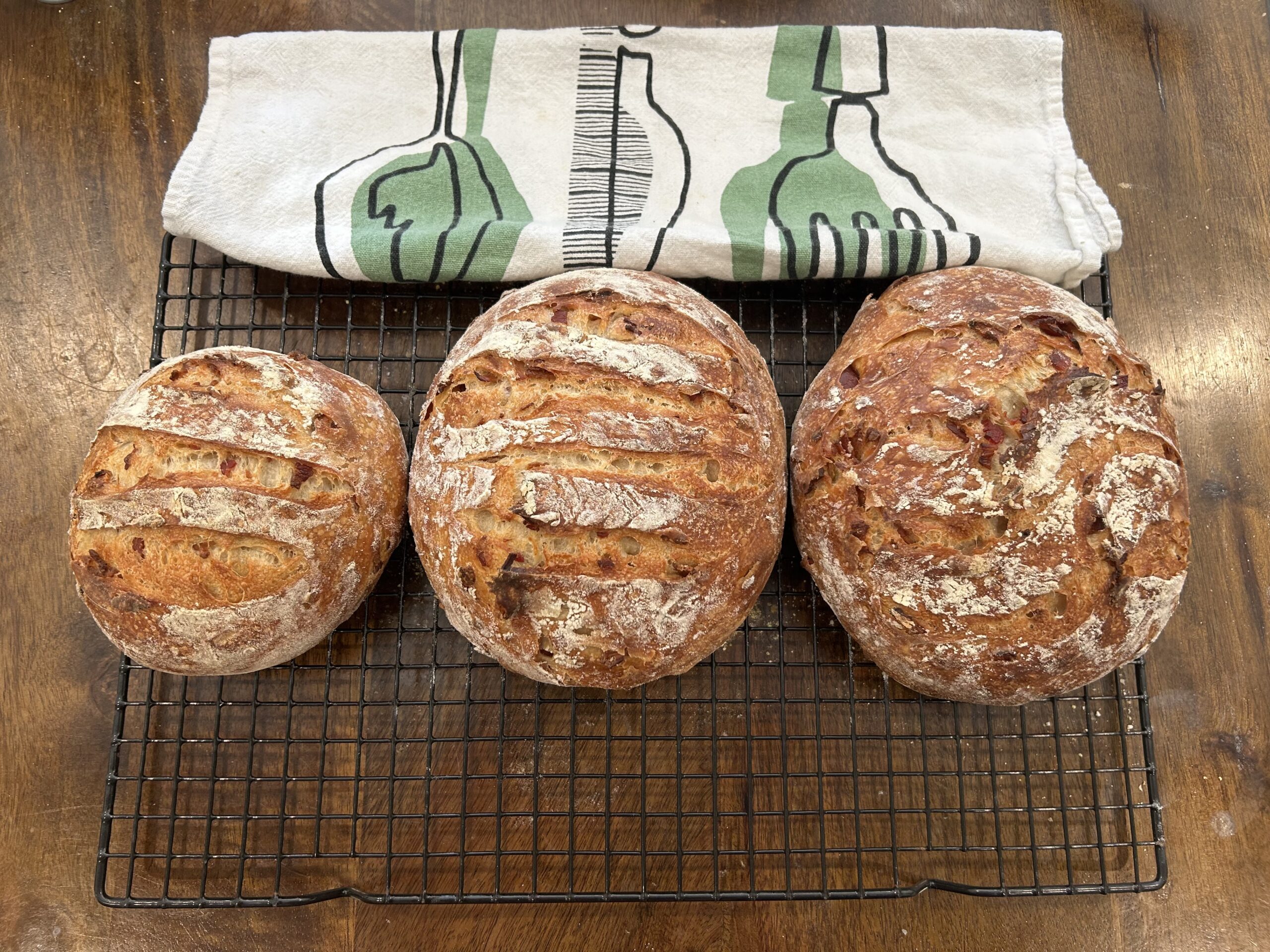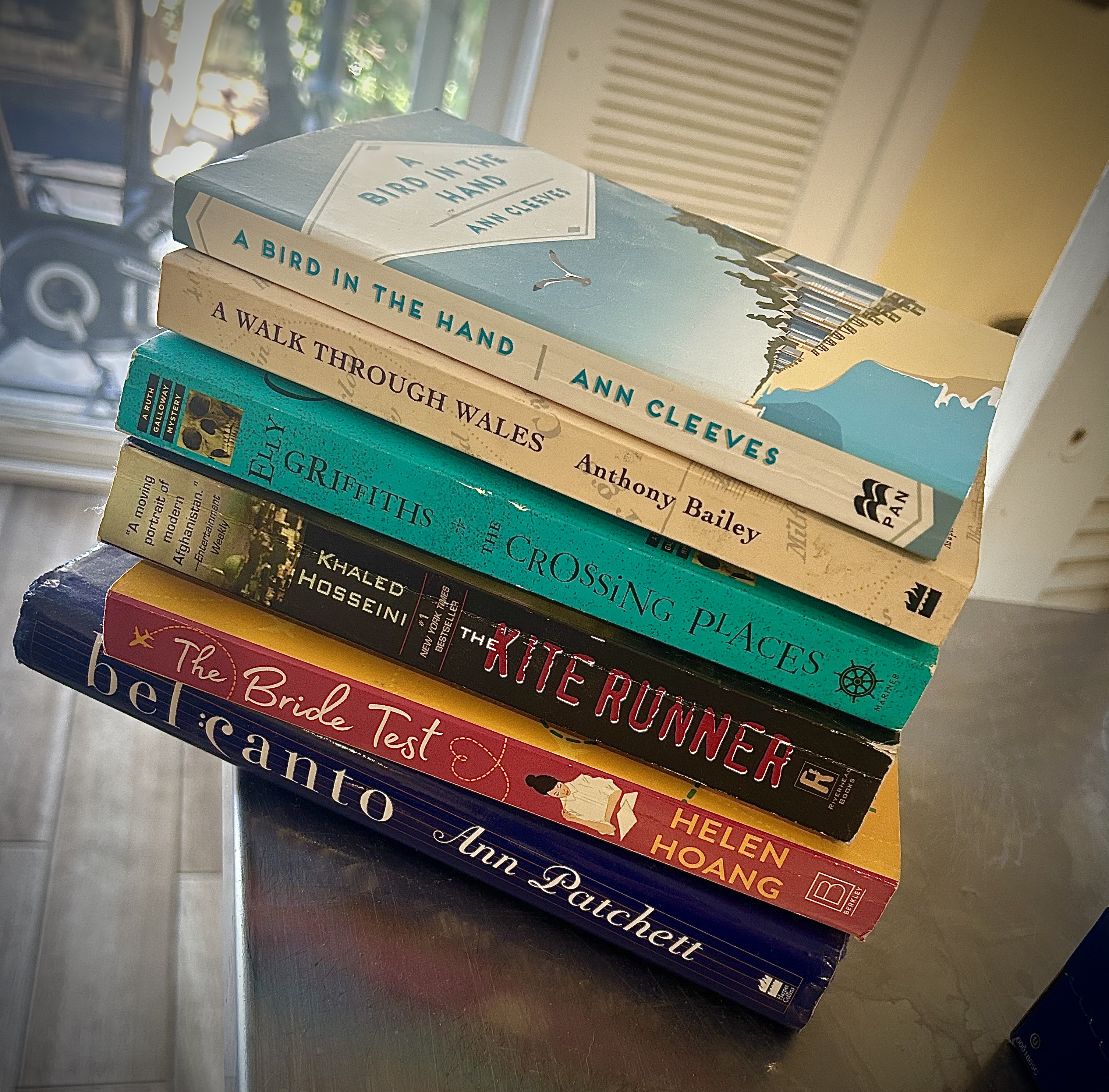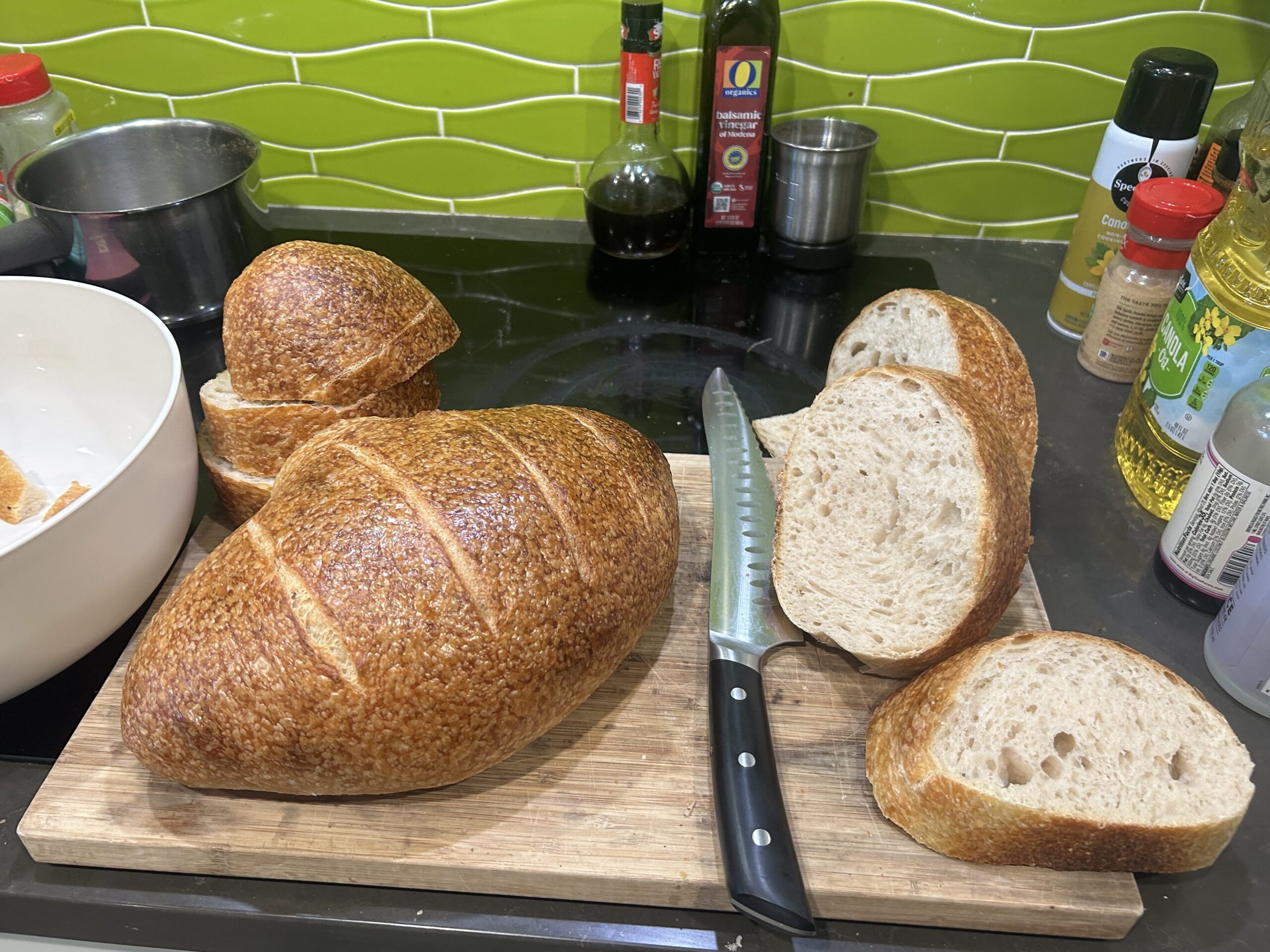Disclaimer: Oh, dear. The blogger was clearly not in her right mind while writing this post. She was last seen logged into Amazon, buying up every book she could on plot structure, suspense and character development. Please accept our apologies.
Lately I’ve been reading whatever I can get my hands on that will make my novel better. Blog posts on how to create characters flawed in just the right way—enough to draw in the reader but not enough to get the book thrown against the wall. Books on how to create micro tension, so that your taut sentences are filled with that soupçon of contradiction that beckons the curious reader to read on. Articles on how to write your first five pages so that an agent will not be able to put them down.
I’m exhausted.
At a meeting of one of my writer groups (see previous blog post), I told my patient and supportive friends: I want to write a really bad book.
I have the urge to write something that completely veers off the road of good taste into the murky pond of self-indulgence. I want to pour out my wildest dreams into a story of forbidden love that I publish myself and put the six-packed torso of a man on the cover, drawn badly by my best friend.
Last school year, I taught a creative writing class to middle schoolers. Middle schoolers get bored easily and have short attention spans (hormones). So they write about people murdering each other on camping trips, about unicorns appearing in their backyards and mermaids having a babysitting service.

They aren’t usually well written, but they’ve got passion and chutzpah. The stories are filled with relentless action. The kids write with confidence, because they don’t know any better.
I can use words to tell this crazy story that’s in my head. So I’m going to do it.
That’s what I want.
I want that sense of fun, that reminder that I’m the only one who can tell this crazy story that I made up, so you’d better listen. I want to write with a confidence that I don’t deserve to have. Because ultimately, while rules are important, every one of us can name a rule-breaking book that became a bestseller—or just near and dear to our hearts.
Writing is not a game you “win” because you follow all the rules. Creativity doesn’t work that way. But despite my frustration, I realize knowing the rules helps. My dad is a painter and when I saw my first cubist painting, I asked him if Picasso always painted that way. How did the guy get away with painting like that? My dad answered that Picasso studied painting for years–and had been painting for years. He knew all the rules before he decided to break them.
Maybe I’ll take a break from reading the rules now. And try some writing.

